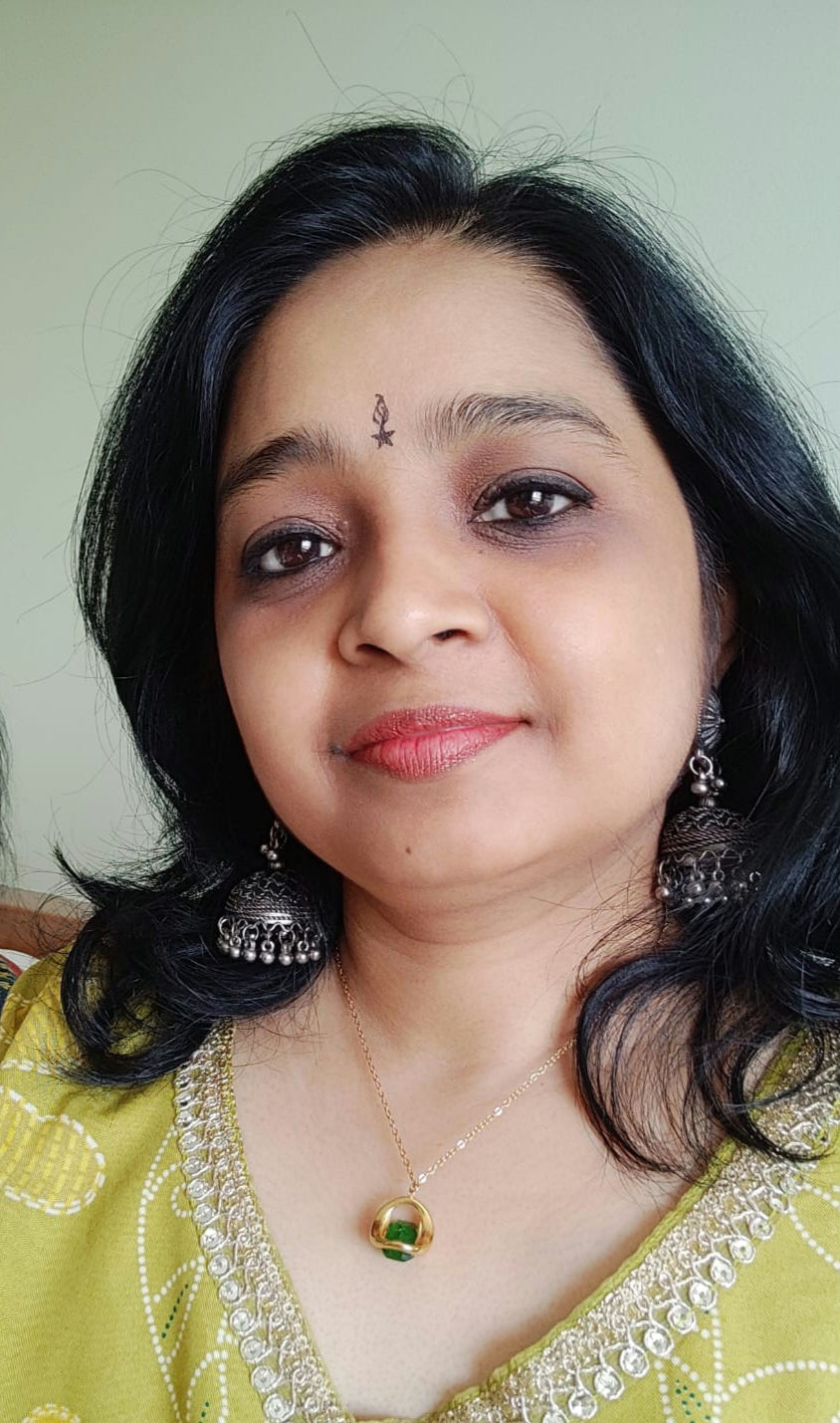When Love Gets Lost in Translation — Understanding love languages in relationships
- Anupriya Therapysupport
- Jul 4
- 3 min read

Back in one of my therapy sessions, a client shared something so simple, yet so profound, that it has stayed with me ever since.
He said, “It was as if I was giving her roses every day, and what she needed was a glass of water.”
It wasn’t said with bitterness. It wasn’t even regretful. It was a quiet moment of insight — that he had been loving in the way he knew how, but it hadn’t reached the one he loved.
This is something I see often in relationships. Two people, deeply caring for each other, trying their best and still, missing each other entirely.
Why does this happen?
Because the way we give love isn’t always the way the other person receives it.
The five love languages
Dr. Gary Chapman introduced a beautiful framework called The Five Love Languages, and it helps explain this very gap.
Each of us has a preferred way of expressing and receiving love. These love languages are:
Words of affirmation Compliments, verbal encouragement, “I’m proud of you,” “You matter to me.” For some, these words are oxygen. Without them, they feel unseen.
Acts of service Doing things for the other person — cooking a meal, fixing something, handling a task to lighten their load. Love is action here. It’s “I love you” said through doing.
Receiving gifts Not about materialism, but about thoughtfulness. A flower on the way home, a surprise note. It's the meaning behind the gift that counts.
Quality time Undivided attention. Phones away. Eye contact. Presence. For these people, time is the true currency of love.
Physical touch Hugs, holding hands, a reassuring pat. It’s not always about intimacy — it’s about connection through closeness.
The mismatch we don’t see coming
Let’s go back to that client.He expressed love through thoughtful surprises, little gifts, romantic gestures. But his partner longed for help with everyday responsibilities. She wanted support, partnership — acts of service.
He brought roses.She needed water.
Neither was wrong.But neither felt truly loved either.
Learning to speak their language
Healthy relationships require us to learn each other’s language. It’s like travelling to a country where you don’t speak the tongue, you can either keep talking louder in your language, or start picking up theirs.
Some steps that help:
Notice what they complain about. “You never spend time with me” might mean their love language is quality time.
Watch what they ask for most. “Can you help me with this?” may mean they feel loved through acts of service.
Observe how they show love. Often, we give what we wish to receive.
Ask directly. It might feel awkward, but saying, “What makes you feel most loved by me?” opens space for clarity.
Relationships as emotional ecosystems
Think of a relationship like a garden. Some plants need sunlight, others thrive in shade. Some need daily watering, others once a week. To nurture a relationship, we must learn what kind of care it needs, not just what we like giving.When partners learn each other’s love languages, even small efforts feel profound.
One client shared how after years of frustration, she simply started sitting next to her partner while he watched cricket, without nagging or asking for conversation. She hated the sport. But he noticed. He felt loved. And in return, he started listening more, asking her about her day, something she had been yearning for.
We’re not always mismatched because of lack of love.Often, we’re just lost in translation.
So the next time something feels distant or strained, ask yourself:
Am I offering roses when they need water? And what is it that I need to feel loved too?
(Find your love language by answering simple questions under Reading Material tab)




Comments